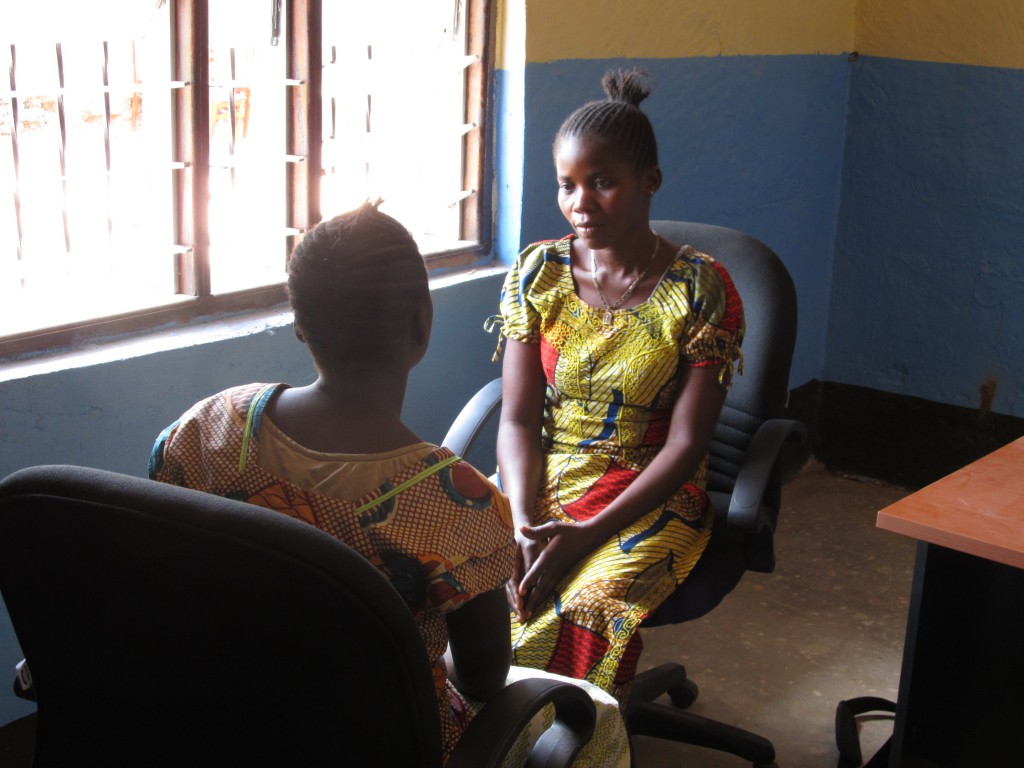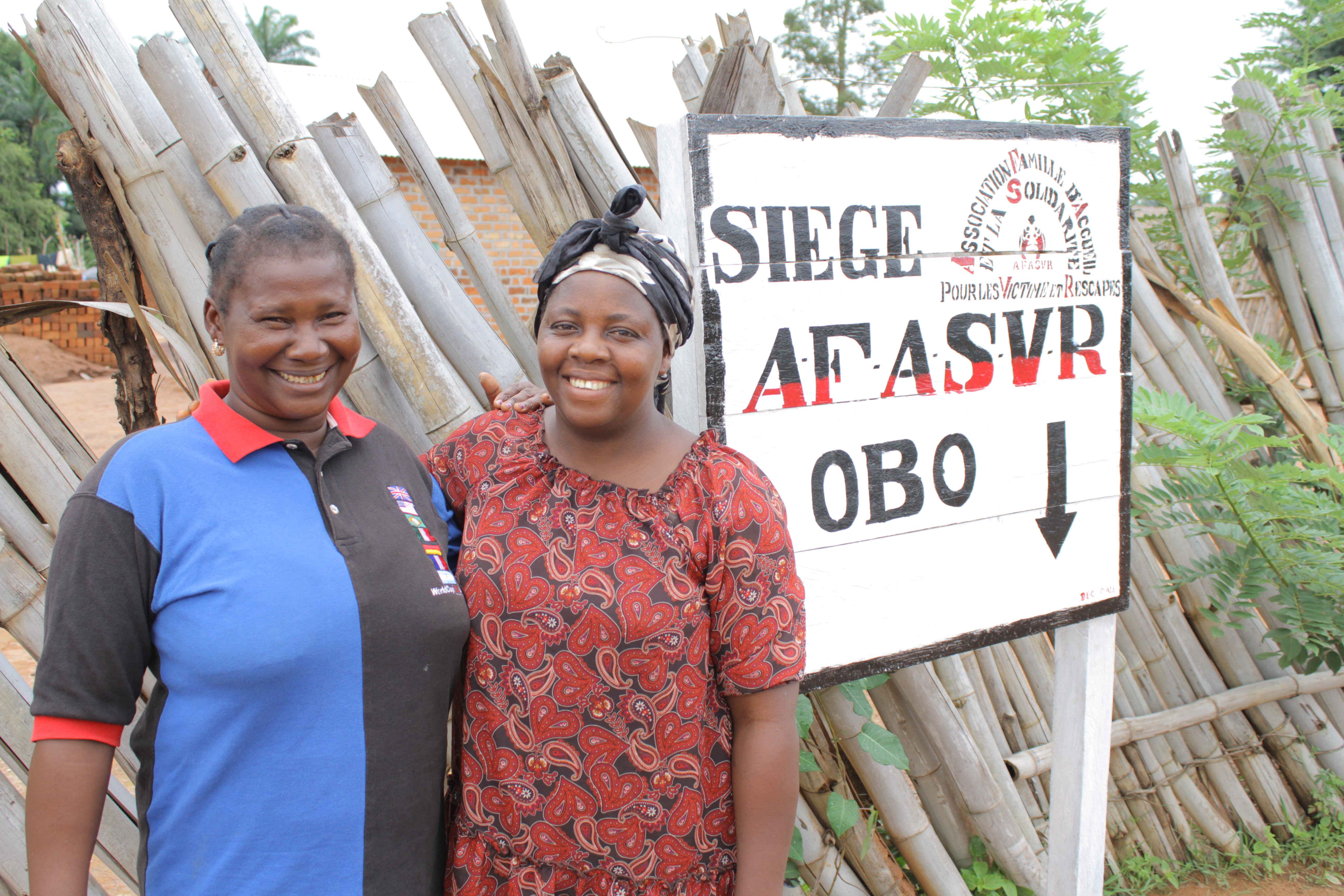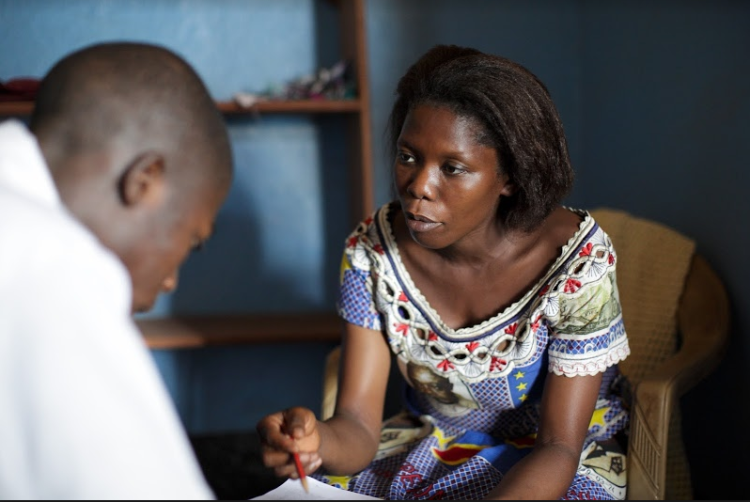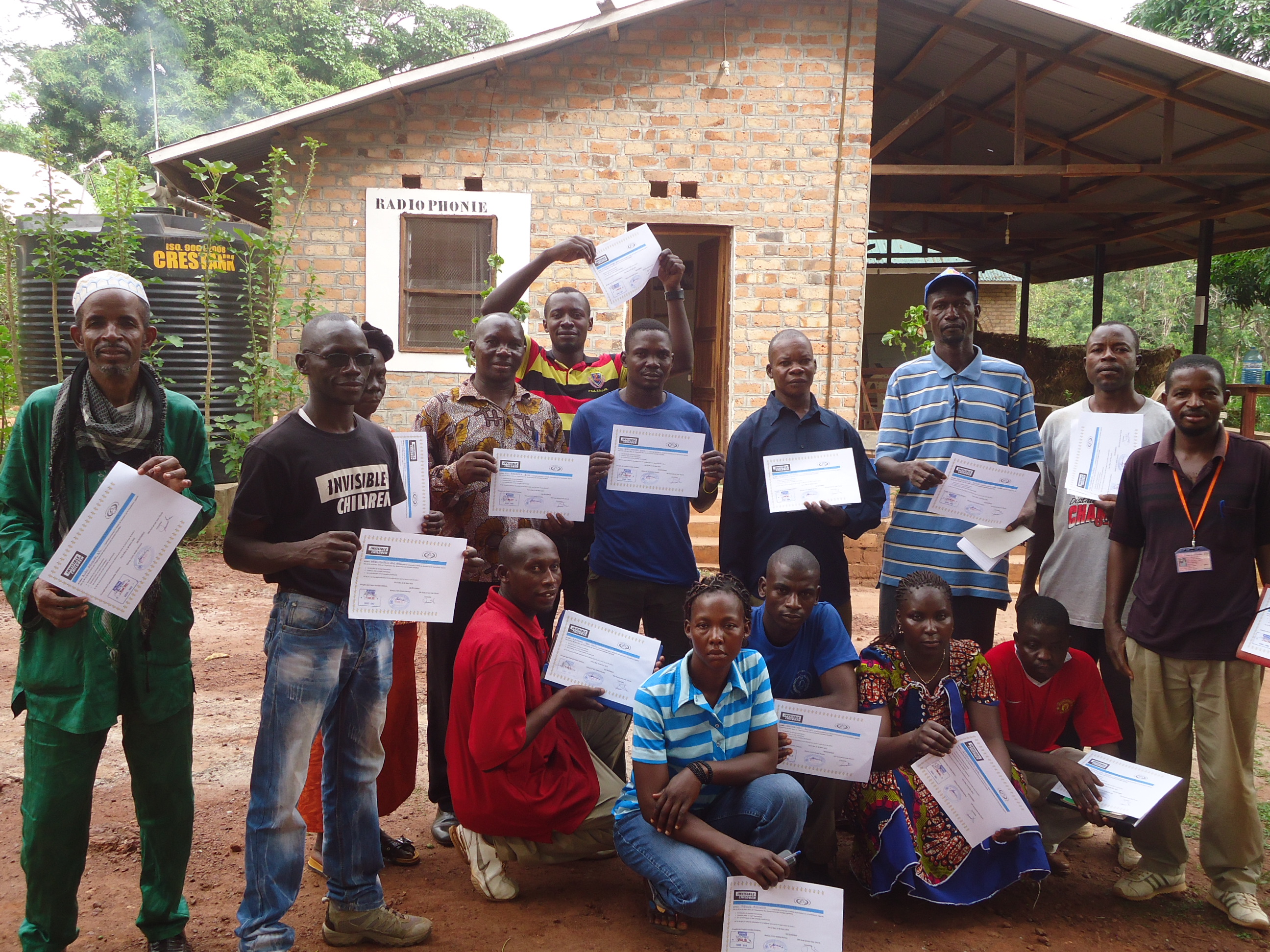Thousands of children and their families across central Africa have struggled through cycles of violent conflict and economic poverty, which often create the “hidden scars” of severe trauma and fear. Left unaddressed, this trauma not only hinders the ability of individuals, families, and communities to recover from violent conflict and rebuild, it can actually increase the risk of participation in violent and destructive behavior down the road.
Additionally, several armed groups currently operate across central Africa, including the Lord’s Resistance Army (LRA) which is widely known for forced abductions and use of child soldiers. As part of Invisible Children’s efforts to end violence against communities across central Africa, we actively encourage the peaceful defection and safe escape of LRA fighters and captives through ‘Come Home’ defection messaging. However, successfully leaving LRA captivity is just the first step in a long process of recovery and returnees often need individualized trauma healing and support while tracking down their families in order to successfully reintegrate into their home communities.
Our response
In 2015, we partnered with the Inter-Church Commission, a community-based civil society organization in South Sudan, and psychosocial experts at Harvard Humanitarian Initiative (HHI) to develop a trauma healing toolkit. Today, we provide this toolkit to communities across central Africa as part of Community Resilience Committee trainings and have adapted it to be played over FM radio throughout the region in order to reach even more people, including nomadic pastoralists and other marginalized populations.
Built around customs of the local Zande people, this toolkit includes efforts in counseling, educational campaigns, and group meetings focused on traditional rituals that provide space for communities to address conflict and trauma together. The toolkit incorporates clinical expertise from HHI professionals into traditional practices, such as community mourning, so that violence-affected communities are able to access the support they need through familiar mechanisms.




Think people should hear about this?